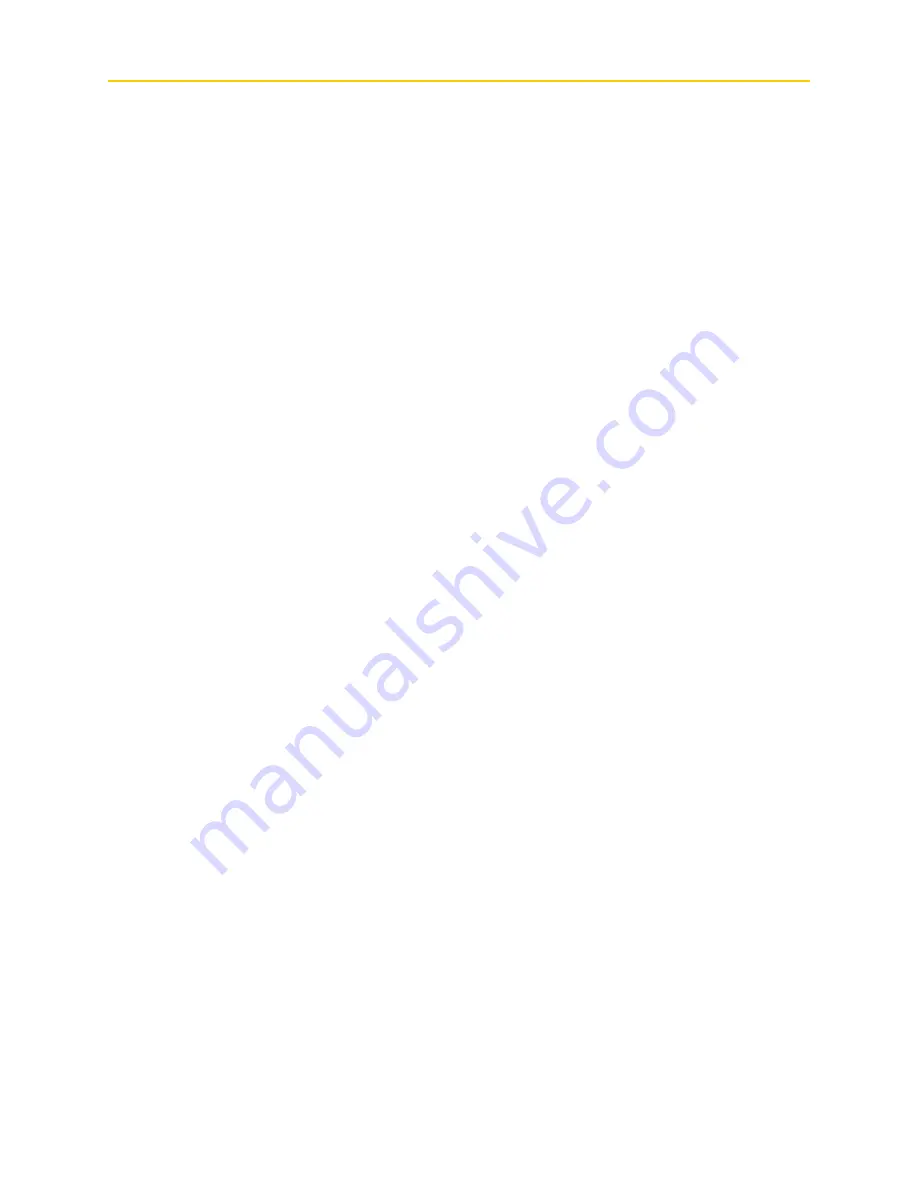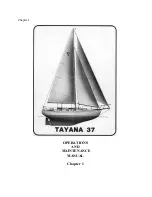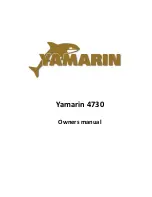
G
E N E R A L
I
N F O R M A T I O N
3–6
G
ENERAL
I
NFORMATION
O
N
B
OAT
H
ANDLING
The best method of learning how to handle and obtain the best performance from your boat is
to practice and experiment. After several hours of operation, you should experiment with the
throttle settings to discover the setting that will be the most comfortable and economical range for
your particular loading conditions.
We suggest you make a speed/RPM chart in order to obtain the most economical operation.
Operate the boat at various speeds while monitoring the fuel consumption. Determine the amount
of operating time remaining when the fuel gauge drops into the red band. Make a log of this type
of information, and have it available when using your boat. Other statistics you may want to
determine could include the following:
• Minimum speed for effective steering.
• Turning radius at different speeds.
• Response to steering at low speeds.
• Acceleration and deceleration rates.
• Time and distance to bring the boat to a stop at different speeds.
• Control of the boat using both engines in close quarters.
Also, read the section in
Sportfish, Cruisers, and Yachts Owner’s Manual
beginning on page
49 for information on safe operating speed.
T
WIN
E
NGINE
B
OATS
Twin engine boats are easy to maneuver. The boat will run ahead or backward in a straight line
when both engines are working together at the same speed. The engines also can be used to steer
to port as well as starboard. Moving ahead on one engine will cause the bow to swing away from
the running engine side and move forward at the same time. Backing up with one engine will
cause the bow to swing toward the running engine side and the boat to move backward. Running
one engine ahead and one engine astern will cause the boat to turn end-for-end in little more than
its own length. Running both engines in the same direction at different speeds will cause the boat
to move in the direction dictated by the faster engine, but its influence will be modified by the
slower engine.
















































